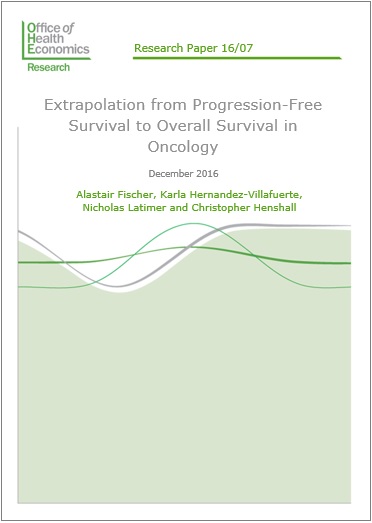Sign up to our newsletter Subscribe
Extrapolation from Progression-Free Survival to Overall Survival in Oncology

Sign up to our newsletter Subscribe
The recent pace of administrative change in the NHS has been rapid, culminating in the October 1993 decision to abolish the Regional tier of management and merge DHAs and FHSAs. This paper by William Laing is a timely and successful attempt to put these changes in context. It sets out the history of administrative change in the NHS since its inception in 1948, and the concerns that successive reform measures have been designed to address. As the paper shows, the internal market reforms cannot be seen simply as an aberration in the administrative development of the NHS. In many respects they can be seen as the logical consequence of a long series of government initiatives to give strategic direction to the service.
The paper discusses the challenges of the technology induced reconfiguration of services, demographics, patient expectations and rationing. It identifies those issues that remain unresolved by the October 1993 decisions, outlining the future options available for managing the internal market in a way that is accountable, ultimately, to the public.
The paper is intended to be analytical and descriptive. It does not seek to judge the effectiveness of the 1948 administrative structure or of subsequent changes, including the management structures put in place for the internal market. Rather it sets out objectively where we have got to, how we got there, and where we might be heading.
An error has occurred, please try again later.
This website uses cookies so that we can provide you with the best user experience possible. Cookie information is stored in your browser and performs functions such as recognising you when you return to our website and helping our team to understand which sections of the website you find most interesting and useful.
Strictly Necessary Cookie should be enabled at all times so that we can save your preferences for cookie settings.
If you disable this cookie, we will not be able to save your preferences. This means that every time you visit this website you will need to enable or disable cookies again.
This website uses Google Analytics to collect anonymous information such as the number of visitors to the site, and the most popular pages.
Keeping this cookie enabled helps us to improve our website.
Please enable Strictly Necessary Cookies first so that we can save your preferences!